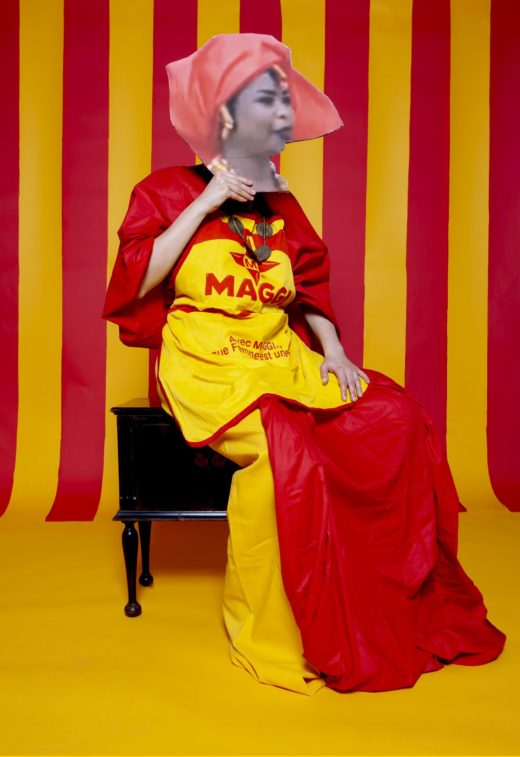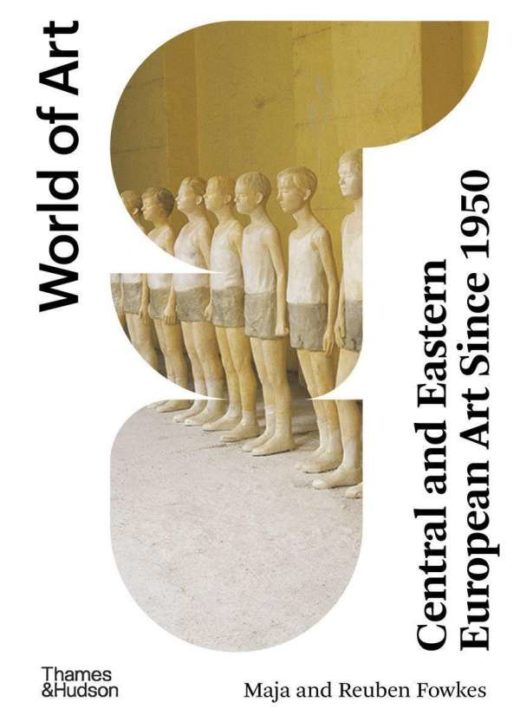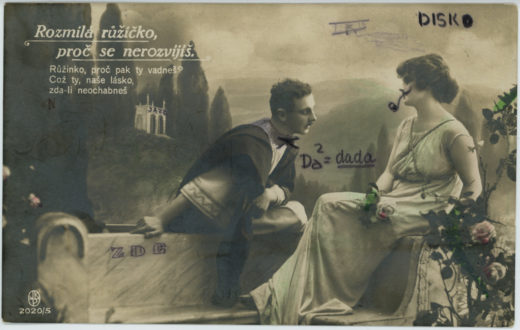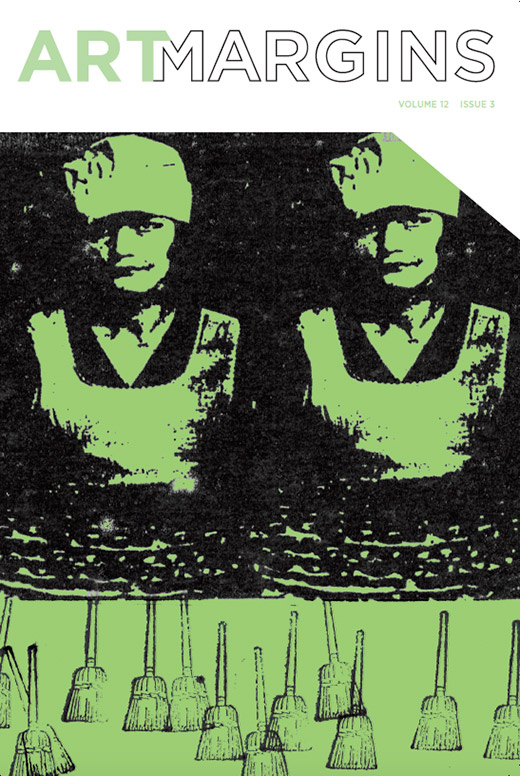“…of bread, wine, cars, security and peace”
“…of bread, wine, cars, security and peace,” Kunsthalle Wien Museumsquartier, Vienna, March 3– October 4, 2020
Exhibition titles often say a lot about an exhibition. Curators like to borrow a beguiling fragment of wording from an author or adopt a guiding idea that frames how we read the exhibition. Certainly the two texts that provided the theoretical backbone for the exhibition “…of bread, wine, cars, security and peace” recently on view at the Kunsthalle Wien Museumsquartier are telling. The first text is a book by Lebanese poet, essayist, journalist, and artist Bilal Khbeiz, Globalization and the Manufacture of Transient … Read more







